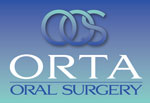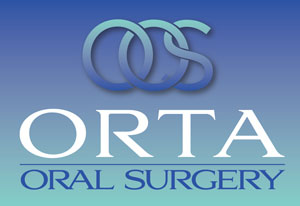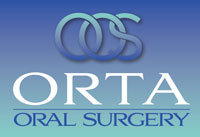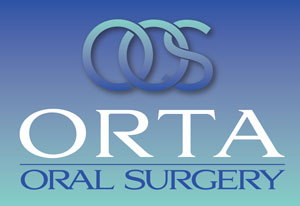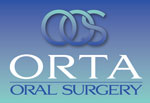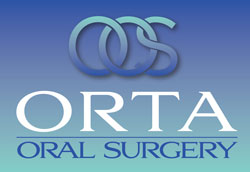Achieve Better Dental Health
With Wisdom Teeth Removal
What Are Wisdom Teeth and Third Molars?
A wisdom tooth or third molar refers to the furthest back molar of your three molars. You have one in each of the four quadrants of your teeth, two molars on the top level and two molars on the bottom level. Commonly, wisdom teeth tend to erupt in your late teenage or early adult years. Wisdom teeth can affect your other teeth and jaw bone as they develop, thus becoming what we refer to as impacted. When this occurs, extraction is often required for optimal oral health.
Why The Need To Remove Wisdom Teeth?
Our wisdom teeth or third molars are inherited from our ancestors, which had larger jaws than us and needed them to chew plant tissue. Our human diets changed and through evolution our jaws grew smaller. However, we still develop these third molars in a smaller jaw, hence the crowding of that third molar and it inability to erupt through the gum line. When this happens they become impacted and need to be removed to prevent more serious dental issues. Early removal of an impacted wisdom tooth is best performed before the root of the tooth is fully developed. Lack of removing these problem teeth can result in increased dental issues. The results of which can result in pain, swelling, irritation, infections, problems chewing and swallowing, cysts, teeth crowding and damage to adjacent teeth.
Impacted Wisdom Teeth – What Are They?
Wisdom teeth have been associated as a source of problems and continue to be the most commonly impacted teeth in the human mouth. A lack of room in the mouth does not allow the teeth to erupt, which results in a risk of periodontal disease and dental cavities that increases with age.
Types Of Wisdom Teeth Impactions
Wisdom teeth impactions are classified by the direction of growth, the depth of the impaction, how much space is there is to allow the tooth to erupt and the amount of soft tissue and bone that covers them. These issues are diagnosed through panoramic x-rays of the mouth and jaw. With Dr. Orta’s oral examination and by using these x-rays, he will determine the type of impaction and course of treatment on an individual basis.
The three types of impaction are:
Soft Tissue Impaction
This occurs when the tooth actually does penetrate the gum line, but has insufficient area around the tooth to allow for adequate and proper cleaning.
Partial Bony Impaction
This is a wisdom tooth that partial erupts the surface. This makes them difficult to clean properly. These teeth may also come in at an angle and affect teeth in front of them.
Complete Bony Impaction
This is a situation where there is no room for the tooth to erupt to the surface. This is impaction is embedded in the jaw bone and often growing at severe angles, thus potentially damaging adjacent teeth. This requires the most complex wisdom teeth removal procedures.

Find Out If Wisdom Teeth Removal
Is Right For You
Schedule an appointment with Dr. Orta to discuss your wisdom teeth options. Wisdom teeth removal requires expertise and training in the planning, the surgery and your final success of your procedure – Dr. Orta has that experience. He will explain the benefits of wisdom teeth removal, the process of extraction, questions about healing during your consultation. Dr. Orta is here to make your wisdom teeth removal decisions as informative and easy as possible. He and his staff pride themselves in helping their patients achieve the oral health of they deserve.
